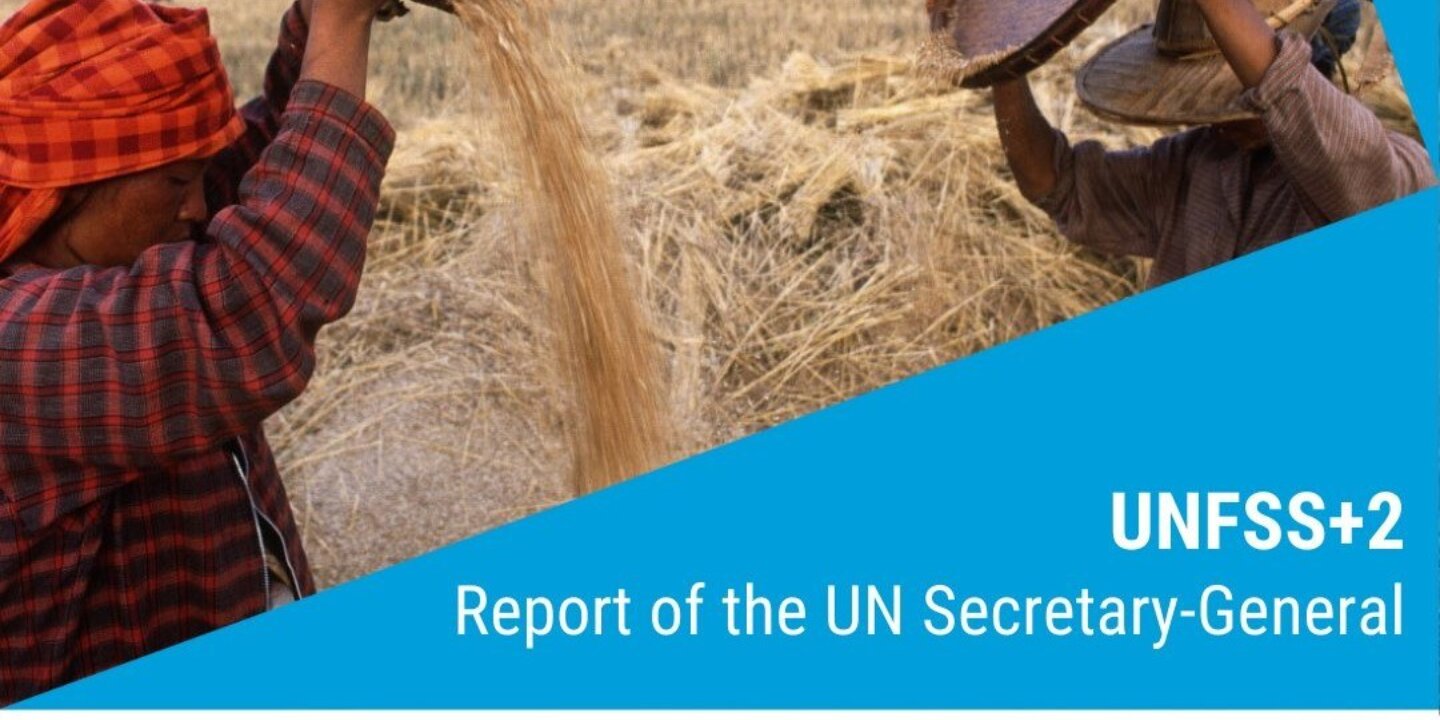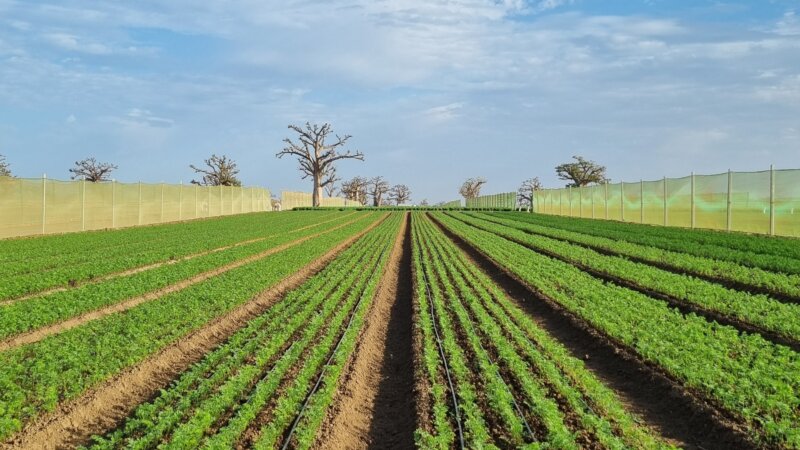Progress on Food Systems Transformation since the UN Food Systems Summit

The advanced #UNFSS2023 Report of the UN Secretary-General, "Making food systems work for people and planet UN Food Systems Summit +2" is out! Learn about global efforts for sustainable and equitable #foodsystems
The report is based on the analysis of direct inputs received through voluntary country progress reports from 101 countries, and dozens of actors of the Food Systems ecosystem of support, including coalitions of action, the UN System as well as other organizations.
“There are 30 voluntary country progress reports from countries in Africa, 13 from the Americas, 28 from Asia, 16 from Europe and 14 from Oceania. The 101 voluntary country progress reports provide insight into the efforts undertaken by countries at different stages of their transformation journeys and contribute towards a collective understanding of what transformational changes are needed.“
Policy coordination and coherence is a key topic in the SG report, including for example the reference to Nationally Determined Contributions (NDCs) for climate action. Several countries have developed food security and nutrition strategies for the first time since 2021.
Engaging multiple stakeholders in the dialogue and decision-making processes for food systems transformation is what most countries do and find important. In addition, the reports emphasise the need for a decentralised focus on food systems.
Financing for food systems transformation is the first area of support requested by member states, according to a 2022 survey by the UN. In addition, countries seek analytical support and tools to inform targeted allocation of public financing to food systems.
A total of 31 self-organizing and independent coalitions have emerged from the UN Food Systems Summit, with the primary purpose of catalysing the achievement of the Sustainable Development Goals (SDGs) through support for national pathways' implementation.
The full potential of coalitions is yet to be realised, especially at the country level. Cross-system collaboration, systems thinking, monitoring, accountability, and learning should be strengthened to assess the impact of coalitions' work and enhance transformative action.
The UN SG report’s key message on the way forward is that transforming food systems requires accelerating the effective use of implementation means, breaking down barriers, and mobilising the roles of different actors and entities.The Stocktaking Moment will be the time to accelerate implementation; a critical checkpoint to ensure actions are aligned with the goals of transforming food systems and paving the way for future progress.
Author

Nicole Metz
Senior Knowledge Broker - Netherlands Food Partnership




